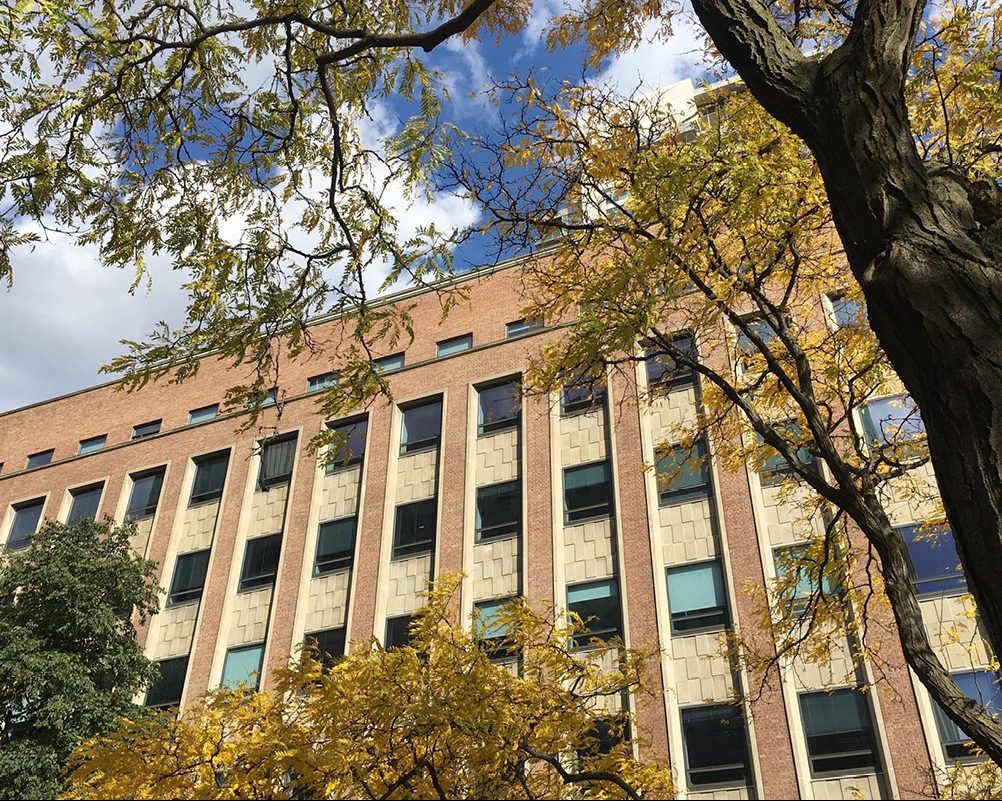1914
The emergence of social work in Canada at the beginning of the twentieth century corresponded with the ever-increasing industrialization of Canada. Most of the social work at the time was performed voluntarily by affluent women, who recognized the increasing need for training social workers in Canada and became advocates to move this agenda forward. A meeting with the University of Toronto secured the support of the Board of Governors, but a lack of funds was the challenge.
Mrs. H.D. Warren, a well-known philanthropist at the time, agreed to donate the funds needed to pay for the salary of a director. In 1914, the Department of Social Service at the University of Toronto (which is now the Factor-Inwentash Faculty of Social Work) was established, making it the first school of social work in Canada. The first director of the Department was Franklin Johnson Jr., an American graduate in sociology.
|
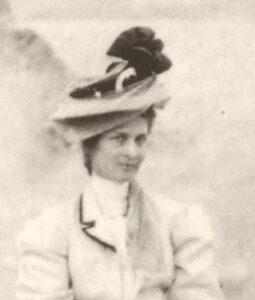
Mrs. H.D. Warren
Source: Royal Ontario Museum
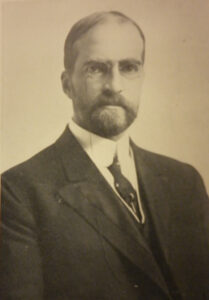
Franklin Johnson Jr.
Source: Royal Ontario Museum
|
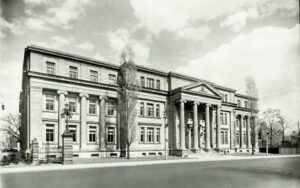 |
1915
The first cohort – all women – graduated with a Certificate of Social Service in June 1915. After the ceremony in the Lillian Massey Building, the Alumni Association was founded and the first meeting was held. |
1915-23
A one-year certificate program was offered.
|
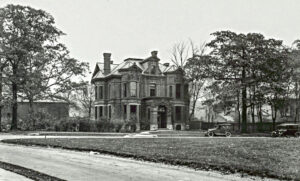
Social Service Building on Queen’s Park Crescent |
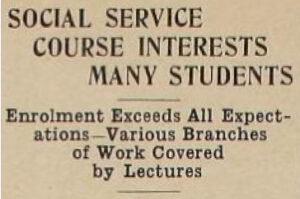
Source: University of Toronto Archives
Clipping from The Varsity |
1923
The curriculum was expanded into a two-year graduate diploma program. |
1931
The Department moved to McMaster Hall at 273 Bloor Street West, which now houses the Royal Conservatory of Music at 273 Bloor Street. |
 |
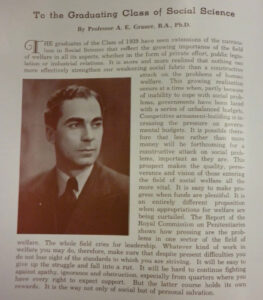 Source: Torontonensis Source: Torontonensis |
1939
The Department celebrated its 25th anniversary. By this time, 531 students had graduated. The Department of Social Service was supplying the entire nation with trained social workers. |
1940’s
The school was making substantial contributions to social service delivery in Ontario. Stuart Jaffary, the Director of the Department and Bessie Touzel, an alumna of the school and the Executive Director of the Toronto Welfare Council, were both on the Marsh Commission, contributing to it substantially. This culiminated in the Marsh Report, which is widely recognized as one of the most influential policy documents in Canadian welfare history.
|
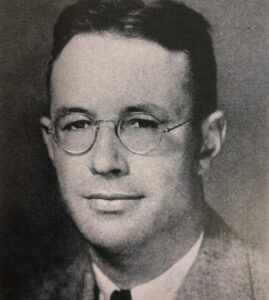
Stuart Jaffary
Source: University of Toronto Archives
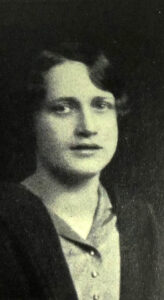
Bessie Touzel
Source: University of Toronto Archives |

University Settlement House
Source: University Settlement House |
1945
The Department of Social Science was renamed the School of Social Work and became a separate professional school at U of T. The Bachelor of Social Work (BSW) and the Master of Social Work (MSW) programs were established. In the post-war years, the Faculty was instrumental in raising the profile of social work as a “legitimate” profession. Field placements were completed at such places as the University Settlement House, which offered recreational, cultural, and support programs for the city’s newcomers. |
Early 1950s
In the early 1950s, the Doctor of Social Work program was inaugurated. Until the 1980s, the University of Toronto was the only Canadian school producing social work doctoral graduates.
|
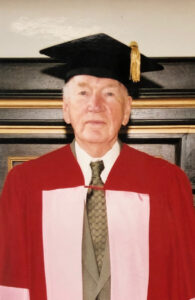
Pictured: Richard B. Splane, who submitted the second ever Doctor of Social Work dissertation at the University of Toronto (pictured here prior to receiving an honorary degree from U of T). |
|
1964
The 50th anniversary of the School was celebrated with a gala at the Royal York Hotel. |
1970
The school moved to its current home at 246 Bloor Street West. Teaching and research began to reflect populations and subjects that had traditionally been excluded, such as women and people with disabilities. New partnerships with agencies enhanced students’ field education experiences. Notably, at a time when BSW’s were first being introduced in Canada, the Faculty of Social Work made the decision to remain focused on our M.S.W. and DSW (later to become Ph.D.) programs.
|
 |
 |
1972
Under the directorship of Dr. Albert Rose, the status of the school was elevated to that of Faculty, headed by a dean. |
1982
The Doctor of Social Work was changed to a PhD program, bringing it into line with the rest of the University of Toronto. |
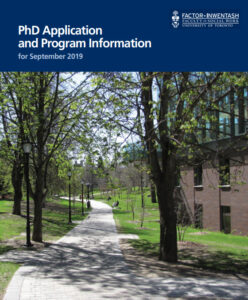 |
 |
1991
The JD/MSW program was established, providing an opportunity for students to practice in areas where law and social work intersect, such as child welfare, mental health, social policy and human rights. |
1994
The Faculty celebrated its 80th anniversary. Celebrations included a reunion weekend and exhibition/”Memory Lane” display. |
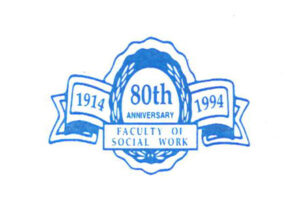 |
 |
1997
The China-Collaborative, or “China Project,” was launched, building on our history of international collaborations, which continue to strengthen and grow. |
2007
Lynn Factor and Sheldon Inwentash donated $15 million to the Faculty, establishing 5 endowed chairs and 50 graduate scholarships. At the time, this was the largest gift to a North American Faculty of Social Work. In their honour, the Faculty was renamed to the Factor-Inwentash Faculty of Social Work. In their roles as prominent philanthropists and committed volunteers, Lynn Factor and Sheldon Inwentash combine their personal success with a strong belief in social justice. |
 |
 |
2010
In a groundbreaking research project at the FIFSW, standardized simulated scenarios were used for the first time to assess MSW students. |
2014
The Faculty celebrated its 100th anniversary, which featured a gala celebration and special Exhibit, called “Classroom to Community: A Century of Social Work in Toronto”, at the Royal Ontario Museum.
|
 |
 |
2016
The groundbreaking new field of study within the Master of Social Work program, called Indigenous Trauma and Resiliency, was launched. As the first of its kind in North America, this two-year Master’s program is dedicated to preparing advanced social work professionals to work with individuals, families and communities who have been affected by historical and generational trauma. |
| Through all of these decades of change, the Factor-Inwentash Faculty of Social Work has been transformed in many new and exciting ways. Throughout its history, however, it has never wavered from its singular commitment to the pursuit of excellence in social work education. We are extremely proud of all of our faculty and graduates who have played important roles in forging a strong Canadian social work identity, through their important contributions to social work research, scholarship and professional practice. |
